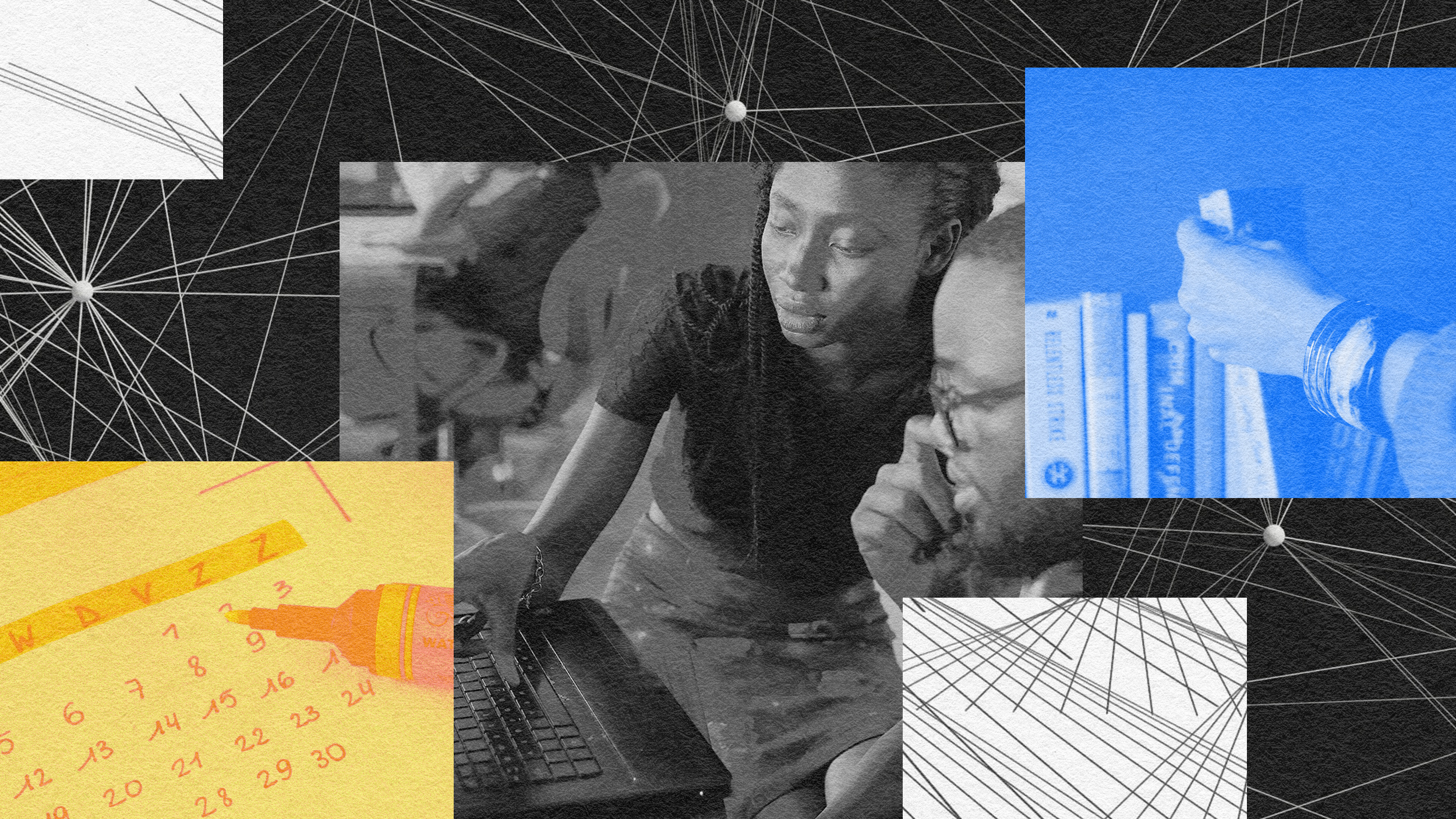How meditation can make you a better learner

Shutterstock
- Mindfulness meditation has been shown to have a wide array of effects on the human brain.
- Many of those effects work together to improve the human brain’s ability to learn new information.
- If you’re interested in becoming a smarter human being, consider incorporating meditation into your daily routine.
People meditate for all sorts of reasons. Some do it for spiritual purposes, others do it to reduce stress, and still others do it to manage their mental health. Meditation is a broad practice with many disparate effects, so it makes sense that people’s motivations would be correspondingly varied. But there’s more reasons to meditate than to simply feel relaxed or attain spiritual goals — one such reason is to become a better learner.
Meditation and learning
First, let’s define meditation. “At base, in essence,” said psychologist Daniel Goleman in a Big Thinkinterview, “every kind of meditation retrains attention.” It can take many forms, but the majority of Western empirical research focuses on mindfulness meditation, in which the meditator focuses their attention on an experience in the present moment in an accepting, non-judgemental way. Commonly, this focus is placed upon the breath. There are other forms of meditation, such as the loving-kindness meditation common in Buddhist practices, where the meditator focuses on cultivating compassion for all beings. The bulk of scientific research, however, has been conducted on mindfulness meditation.
One of the best-known benefits of mindfulness meditation is in its ability to reduce stress. Robust research has shown that meditation is a powerful tool against stress, even for those suffering from anxiety or other mental disorders. In turn, stress plays a powerful role in learning. On the one hand, high levels of stress can leave us with an excessively strong memory, as is the case in PTSD. On the other, chronic stress inhibits the growth of neurons in the hippocampus, making it more difficult to form new memories. Acute stress, too, makes it more difficult for us to retrieve memories that we’ve already formed. By practicing mindfulness meditation, we can reduce the impact of stress on our ability to form and retrieve memories.
Train Your Brain: Mindfulness Meditation for Anxiety, Depression, ADD and PTSD | Daniel Goleman
Meditation also appears to protect your brain from the negative effects of multitasking. Several studies have shown that multitasking impairs your ability to learn. “The brain actually does not do multitasking,” said Goleman. “It doesn’t do several things at once in parallel, rather it works in serial and it switches very rapidly from one thing to the next.” Once you switch away from a task that you’ve been focusing on, it takes time for you to ramp up your concentration again to where it was previously. “Unless,” says Goleman, “you’ve done that ten minutes of mindfulness; focused on your breath, for example, just watched it in and out, noticed when your mind wandered, brought it back.” In this case, your concentration returns much more quickly.
In addition to protecting your brain against the deleterious effects of multitasking and stress, mindfulness also bolsters your working memory. Not only does meditation promote growth in the hippocampus, it also trains your brain to better manage something called proactive interference. Proactive interference occurs when older memories in the brain interfere with the retrieval of newer and more task-relevant memories, an effect that some researchers theorize accounts for nearly all instances of forgetting items in your working memory. One study attributed this improved ability to handle proactive interference to mindfulness meditation’s focus on the present moment — being more present enabled study participants to prioritize recent, task-relevant memories and remember information better.
How can I get started meditating?
The nice thing about meditation is that it requires essentially nothing — just a quiet space and perhaps a chair. You don’t have to subscribe to any religion or philosophy to engage in it and reap its benefits. Here’s a very simple way to start meditating:
- Sit down in a comfortable chair. You can sit however you like, but it’s probably best to keep your hands in your lap and to sit with good posture.
- Set a ten-minute timer on your phone.
- Close your eyes.
- Pay attention to your breath.
- As your mind wanders away from your breath (it will), don’t get upset at yourself; just acknowledge whatever thought distracted you and return to paying attention to your breath.
- Repeat steps 4 and 5 until your time is up.
Many of the benefits of meditating are essentially instantaneous, though they’ll fade as the day goes on. As your meditation practice becomes a more significant part of your routine, those benefits will also become a more enduring part of your life. Some people find it useful to use a guided meditation app, like Headspace, or to read books both to learn more and to stay motivated, like Mindfulness in Plain English or How to Meditate. But if you’re a student or are simply interested in becoming a better learner throughout your life, incorporating a bit of meditation into your day may be the extra edge that you need.





